Development Trend of Artificial Intelligence in Intelligent Manufacturing
Intelligent manufacturing is a deep integration of advanced manufacturing technology and information technology. It is a common enabling technology for the transformation and upgrading of traditional industries and the development of strategic emerging industries in China. Artificial intelligence is an important part of intelligent manufacturing. What will happen to the development of artificial intelligence in Intelligent Manufacturing ?
What is artificial intelligence?
Artificial intelligence is a kind of machine intelligence, which is a system or subject that is simulated by machine or human intelligence. The main research contents of AI include cognitive modeling, knowledge representation, reasoning and application, machine perception, machine thinking, machine learning, machine behavior and intelligent systems, etc. Reasoning, knowledge, planning, learning, communication, perception, mobile, operation and so on are the basic things to be studied in AI.
Many enterprises hope to be able to transplant AI into the actual production and application of enterprises, and many venture capital funds are willing to invest in AI start-up companies.
But these enterprises hope to apply deep learning ability directly to solve practical problems, rather than improving deep learning tools, because deep learning tools themselves are often complex and difficult to understand, and only a few data scientists can master them. Thus, the complexity of in-depth learning will hinder the practical application of artificial intelligence, and the simplification and product of in-depth learning platform is imperative.
Present Situation of Artificial Intelligence
Major providers of in-depth learning, such as Amazon, Microsoft, Google, Intel and Invidia, are trying to simplify in-depth learning tools. But as far as the status quo is concerned, it is not easy to find a data scientist with good qualifications and competence for simplification. Secondly, the use of these platforms is often complex and expensive. Unless a large number of expensive GPU nodes can be rented, the training time of a single model will be measured in weeks, and there are still many models that can not be trained at all. We know little about the optimization of hyper-parameters, and some of them have not even been correctly identified.
At present, commercialized in-depth learning-driven artificial intelligence is actually limited to two main areas: text-based speech processing and image-based video processing. Both areas are commercially viable, and AI and in-depth learning are indeed being actively adopted.
AI will continue to emerge mainly in the form of natural language processing chat robots. In 2015, only 25% of companies have heard of chat robots. By 2017, a considerable number of companies have planned to manufacture chat robots. Intelligent speakers, represented by Amazon Echo, have become typical examples of AI entering the consumer field, with sales exceeding 20 million. In the third quarter of 2017, the shipment of smart speakers increased by 708%. Domestic smart speaker melee has begun. Alibaba and Millet have launched their own smart speaker equipment to seize the market at a low price.
Speech recognition will continue the trend of rapid development, and it is likely to gradually become an optional user interface in all systems. With the saturation of visual entrance, audio devices will become more and more important information entrance. Speech recognition-based speech intelligence will appear in more intelligent products, such as speakers, televisions, refrigerators, cars and wearable devices.
Artificial Intelligence Driving Technology
The application of in-depth learning artificial intelligence in image and video recognition is still quite limited. At present, only face recognition has great market prospects. Although autopilot is one of the hot areas of current AI venture investment, traditional car companies and Internet technology companies are continuing to invest. But it is worth noting that the commercial landing of autopilot vehicles is aimed at the end consumers or the freight leasing company. What are the market prospects of autopilot? Big, still need further market validation and exploration.
Artificial intelligence is a double-edged sword
In 2017, China's information industry has turned to artificial intelligence in an all-round way. The new Internet information App represented by today's headlines makes full use of online tracking and location tracking algorithms of personal devices to push personalized information more in line with users'tastes. On this basis, the information App can accurately deliver advertisements to target groups, reduce the advertising costs of businesses, and reduce the invalid advertising interference to readers.
At the same time, the privacy risks brought by AI gradually emerge. Users can turn off App or opt out of online tracking, but in fact, App already knows you better than friends, family members or even yourself, and deeply understands user privacy. In addition, with the proliferation of cameras tracking and recording facial information, once our facial information is collected and stored in the face recognition database, combined with our various privacy data, once the data is used by illegal elements, the consequences will be difficult to imagine.
The intelligent manufacturing we want to achieve now is based on artificial intelligence, not just artificial intelligence. The long-term accumulation of industrial intelligence from the industrial field and the artificial intelligence from the information field need to learn from and integrate with each other. Taking these two intelligent technologies as the main body and taking into account other intelligent automation technologies is the mainstream development direction of intelligent manufacturing technology in the future. Starting from industrial intelligence and gradually integrating with artificial intelligence, is the road of intelligent manufacturing suitable for Chinese enterprises.
Product recommendation
TECHNICAL SOLUTION
MORE+You may also be interested in the following information
FREE CONSULTING SERVICE
Let’s help you to find the right solution for your project!
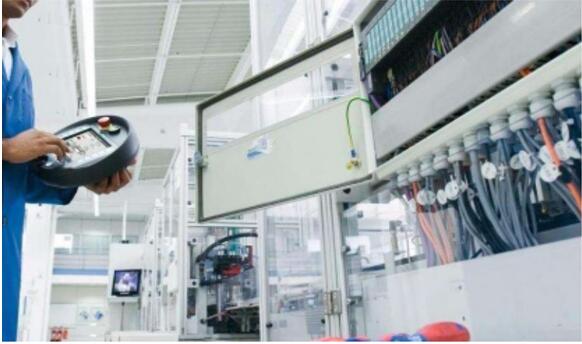

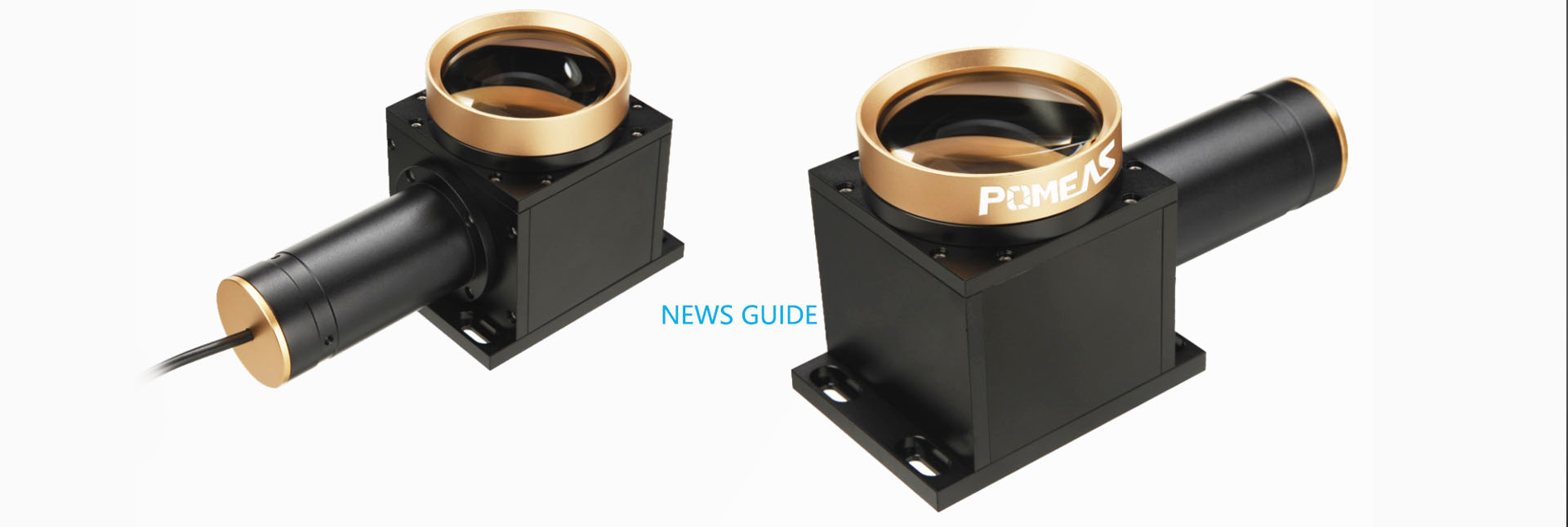
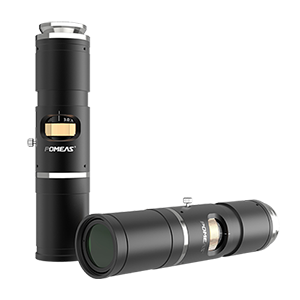
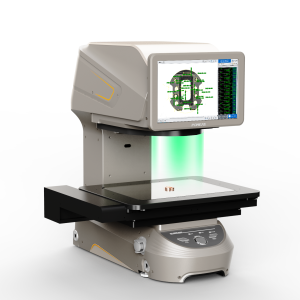
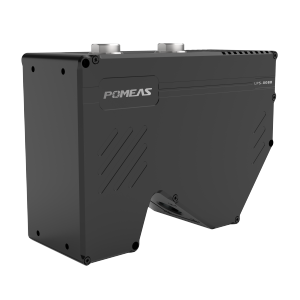
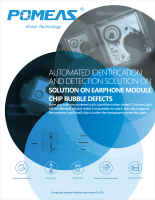
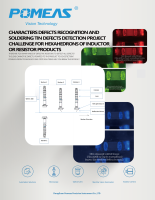

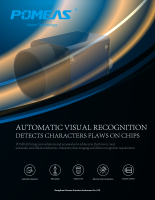
 ASK POMEAS
ASK POMEAS  PRICE INQUIRY
PRICE INQUIRY  REQUEST DEMO/TEST
REQUEST DEMO/TEST  FREE TRIAL UNIT
FREE TRIAL UNIT  ACCURATE SELECTION
ACCURATE SELECTION  ADDRESS
ADDRESS Tel:+ 86-0769-2266 0867
Tel:+ 86-0769-2266 0867 Fax:+ 86-0769-2266 0867
Fax:+ 86-0769-2266 0867 E-mail:marketing@pomeas.com
E-mail:marketing@pomeas.com
